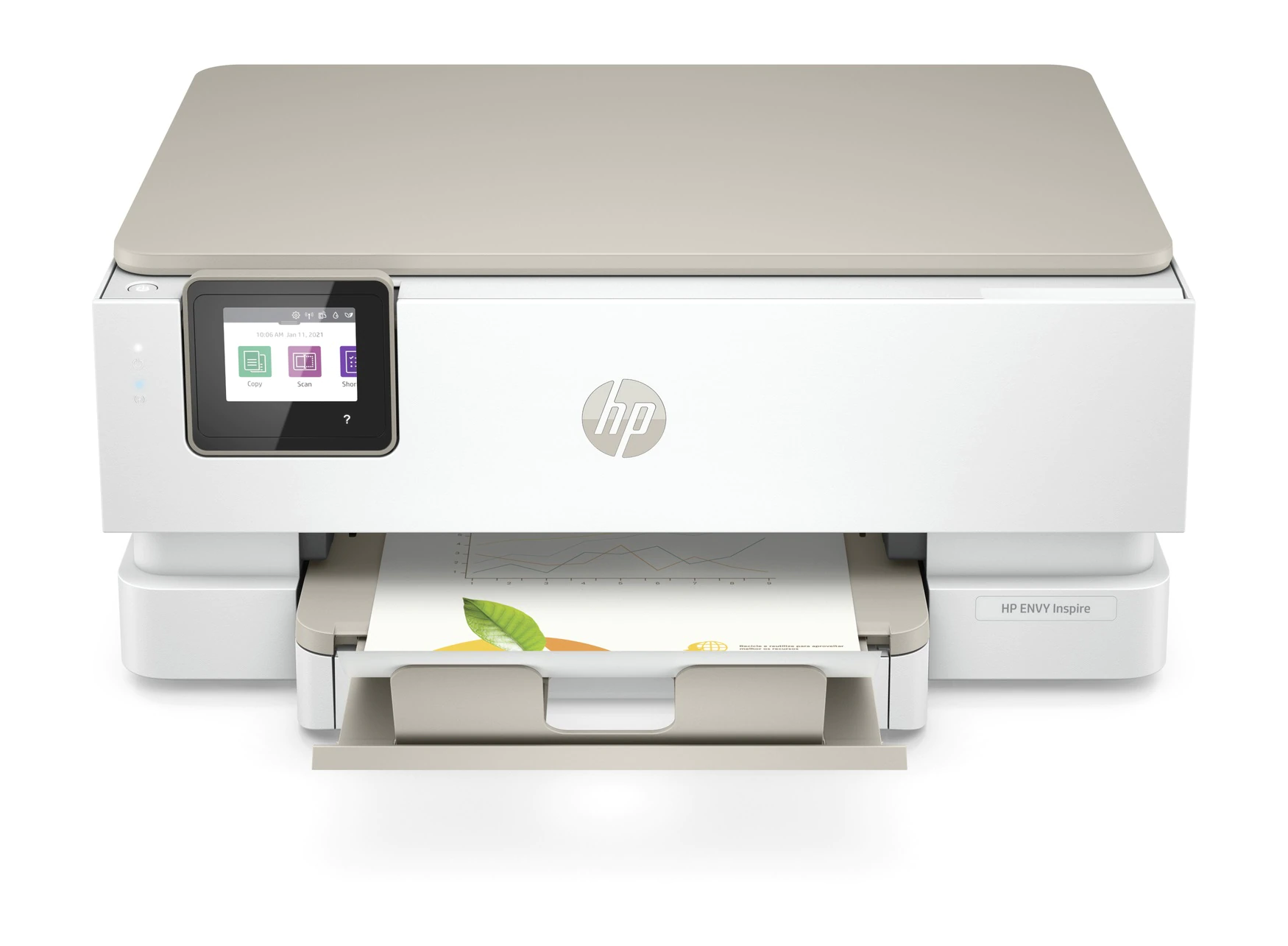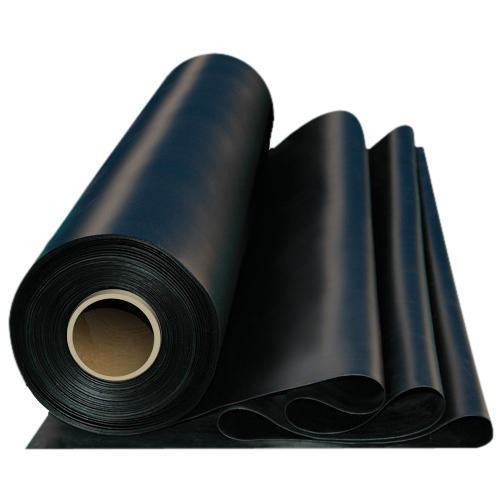How to Import Used Vehicle Parts from the USA to Nigeria
How to Import Used Vehicle Parts from the USA to Nigeria
Importing used car parts can be a difficult process for those who are not experienced in the trade. The process is fraught with many logistical complications, but it’s also very profitable if you know what you’re doing. This article will show you everything that you need to know about importing used vehicle parts, from getting an import license to finding suppliers for your business.
Importing Used Car Parts
If you’re looking for a way to turn a profit in the automotive industry, importing used vehicle parts might be just what you’re looking for. With used car parts prices fluctuating constantly, it’s never been easier to import them from other countries.
You can find many benefits of importing used car parts. You can get them at lower prices than the ones currently on the market. You may also find that getting new scrap yards is not as easy as obtaining used car parts from abroad.
Although there are many benefits of importing used cars, there are also some drawbacks that you will need to consider before your business starts. It is important that you understand these disadvantages so that they don’t come back to haunt you later on in your career.
Some of the disadvantages include possible restrictions on shipments and higher prices for inspections or transportation. If you are able to overcome these difficulties, then importing vehicles may be the perfect career path for your company!
Why You Should Import Used Vehicle Parts
The process of importing used vehicle parts can be very profitable.
If you’re looking to import used vehicle frames, transmissions, or other auto parts for resale, it will be good for your business to get an import license. You’ll need to submit a number of documents and wait for approval from the government’s Department of Commerce, but the license will grant you the ability to import up to $4.5 million in goods without paying duty.
If you’re not sure how to start importing used car parts yourself, then here are some tips:
Finding a Supplier
Searching for suppliers of used vehicle parts can be very time consuming. After all, this is a specialized industry, and there are limited sources of importable products.
Fortunately for you, there is a way that you can find the perfect supplier in just seconds. All you need to do is search online; most websites with used car parts will have an email address or contact page listed on their site.
Start your search by visiting these websites and looking for companies who specialize in exporting car parts. When you find a company that interests you, set up an appointment with them and talk to them about your needs. You’ll want to tell them about the types of products that you’re interested in and the country from which they originate (you’ll need this information later).
Consider one example: Apex Auto Parts specializes in importing Japanese car parts from Japan into the United States. They would be a good choice to talk to if you’re looking for Japanese car parts.
Getting an Import License
There are many vital steps to getting an import license. One of the first things that you’ll need is a Commercial Invoice, which is issued by the customs authority in the country where the goods were manufactured. You’ll also need to fill out Form 3461, which includes information about your business and what type of goods you’re importing (in this case, used car parts).
The next step is to find out where your goods are coming from. You want to make sure that any country you import from has an international trade agreement with the United States. This will make it easier for you to get your commercial invoice and other documents needed for importing (which we’ll discuss later). The types of imports that are covered under agreements vary—it’s important that you do some research before importing something into America because many countries do not have agreements with our country.
After you’ve looked into entering into an international trade agreement with one or more countries, it’s time for you to apply for a specific license to import goods. There are two types of licenses: General License and Individual License. A General License allows an unlimited amount of imports without any restrictions on how often they can happen, while an Individual License sets limits on how frequently individual shipments can
What to Expect After the License is Issued
The first step to importing vehicle parts is to get your import license. This can be done through the Customs Department, but it’s also possible to have a private company handle the licensing for you.
Once you have your license, your next step is finding reliable suppliers. You’ll want to find sources that offer high-quality brand-name parts at competitive prices so that you can undercut competitors on price while still appealing to customers with quality products.
Make sure to consider shipping costs as well before finalizing contracts with suppliers; ideally, these costs will be included in the contract. Once you’ve found qualified suppliers and negotiated the best prices possible, it’s time for importation!
Logistics of Importing Used Vehicle Parts
Imports are any goods that are brought into a country for commercial purposes. For the most part, they’re items that can’t be produced domestically. The process of importing goods into South Africa is fraught with many logistical complications.
Before you start importing used car parts, here are some things you need to know:
-You’ll need an import license
-You’ll need to find suppliers
-You’ll need to decide on your desired port of entry
-You’ll need insurance
-You’ll need to secure packing materials
-And you’ll have to make sure customs don’t confiscate your shipment!
Conclusion
The importation of used car parts can be quite profitable if you know what you’re doing. The process is complicated, but this article will guide you through the entire process.








LEAVE A COMMENT
You must be logged in to post a comment.